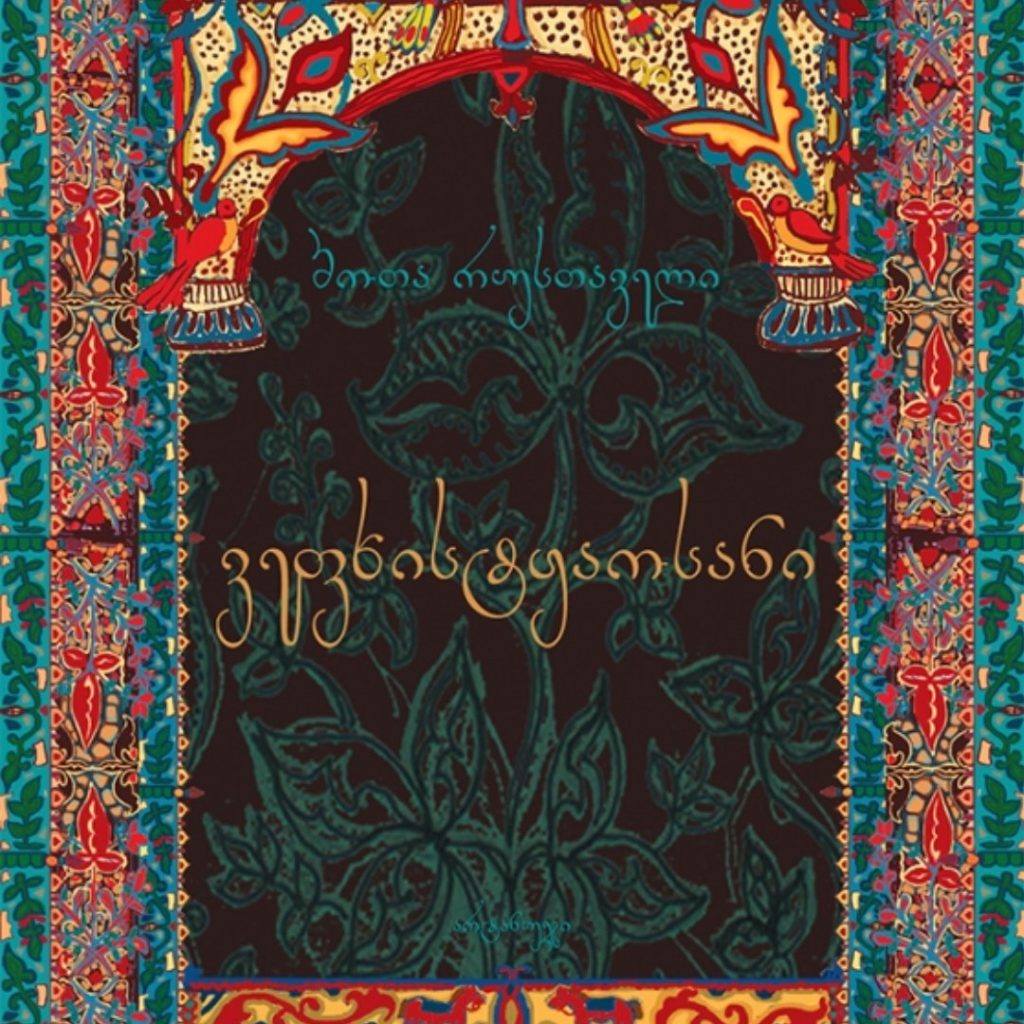Introduction
Georgian literature and poetry hold a special place in the nation’s cultural identity, serving as a testament to the country’s long and storied history. With a literary tradition that dates back over a millennium, Georgian writers and poets have beautifully captured the essence of their people, landscapes, and cultural heritage. From epic poetry and historical chronicles to modern novels and lyrical verses, Georgian literature reflects the country’s resilience, creativity, and profound connection with its past. In this blog, we explore the richness of Georgian literature and poetry, highlighting its significance, key literary figures, and the enduring legacy it leaves on the world stage.
The Significance of Georgian Literature and Poetry
1. Cultural Identity: Georgian literature and poetry have played a vital role in shaping and preserving the nation’s cultural identity. Through their literary works, writers and poets have celebrated Georgian traditions, folklore, and historical events, contributing to a sense of pride and unity among the people.
2. Oral Tradition: Much of early Georgian literature was preserved through an oral tradition of storytelling and poetic recitation. Epic poems and historical ballads were passed down from generation to generation, forming the foundation of Georgian literary heritage.
3. Literary Heritage: Georgia boasts one of the oldest literary traditions in the world, with a rich literary heritage that spans many centuries. This heritage has become a source of inspiration for modern writers and poets, as they continue to contribute to the country’s literary legacy.
Key Literary Figures in Georgian Literature
1. Shota Rustaveli (c. 1160-1220): Often regarded as the greatest Georgian poet, Shota Rustaveli is best known for his epic poem “The Knight in the Panther’s Skin.” This masterpiece is an allegorical romance that celebrates love, chivalry, and friendship, and remains a symbol of Georgian literary excellence.
2. Vazha-Pshavela (1861-1915): Vazha-Pshavela, the pen name of Luka Razikashvili, is considered one of Georgia’s greatest poets. His poetry is deeply rooted in the natural beauty of the Georgian landscape and reflects themes of freedom, heroism, and the struggle against oppression.
3. Ilia Chavchavadze (1837-1907): Ilia Chavchavadze was a prominent writer, poet, and public figure who played a significant role in the national revival of Georgia in the 19th century. His writings advocated for national unity, education, and social progress.
Modern Georgian Literature and Poetry
1. Nodar Dumbadze (1928-1984): Nodar Dumbadze was a renowned Georgian writer known for his novels and short stories that depict the lives of ordinary people, exploring themes of love, friendship, and human emotions.
2. Niko Gomelauri (b. 1966): Niko Gomelauri is a contemporary Georgian poet and writer, renowned for his profound and thought-provoking verses that explore themes of love, nature, and the human condition. His work is celebrated for its introspective and philosophical nature.
3. Aka Morchiladze (b. 1966): Aka Morchiladze is a prominent contemporary Georgian novelist, known for his literary contributions that often explore the complexities of human relationships and societal issues. His novels have garnered critical acclaim and a dedicated readership.
Conclusion
Georgian literature and poetry are a source of pride and inspiration for the Georgian people, representing their rich cultural heritage and creative spirit. From the ancient epics and ballads to the works of modern-day writers and poets, Georgian literature continues to captivate readers with its depth of emotion, vivid storytelling, and timeless themes. Through their literary expressions, Georgian writers and poets have shaped the country’s cultural identity, reflecting its history, traditions, and the resilience of its people. As this literary treasure trove continues to be celebrated and shared with the world, Georgian literature and poetry remain a poignant reminder of the power of words to connect hearts and minds across time and space.





0 Comment